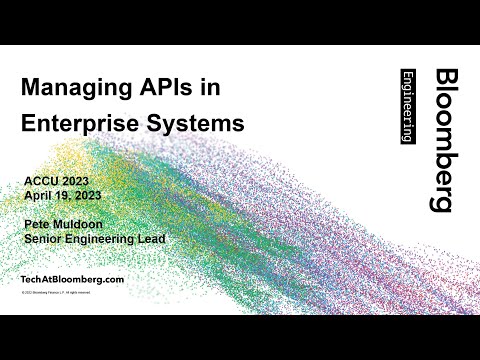By Peter Muldoon
Taking a real world application, it is shown how to properly encapsulate external APIs to protect the system and use modern idioms. How to manage changing requirements including decommissioning of old functionality in the real world. How abstractions can be a powerful absorber of change to limit the impact of changes on a production codebase.
Many codebases use external libraries and wrap their associated API’s for application use. Once these external dependencies are entrenched and widely used in your system even small changes in the use of these external APIs can force sweeping changes across your codebase. This presentation will take an example request API and demonstrate using sound engineering choices how to encapsulate it to provide a more efficient modern interface i.e. move-only results, futures/promise instead of callbacks, void pointers etc.
After showing the use of this API, new requirements will now emerge that require new source data from the API potentially causing large scale code changes with branching required for a gradual transition from the old data source to the new source is rolled out.
We will explore various techniques to preserve the global calling semantics and introduce localized decoupling so wide spread code changes are not needed. How abstractions can be a powerful absorber of change that limit the impact of changes on a production codebase. These codes changes are then transparent to the original callers of the API hence no calling code changes are needed. This approach will then be expanded to apply the same engineering techniques to the unit & system testing code. The final decommissioning and removal of the old code is explored and shown now to be simple and straight forwards.
Additional real world problems are then incorporated like batching, parallelization while again localizing code changes on the migration path.
This prioritizing of the migration path for introducing API use changes will lead to a novel perspective for the next time your codebase has external dependency changes imposed on it from within or without.
This is all backed up with code examples. This alternative approach has being successfully employed for real world situations in Bloomberg












